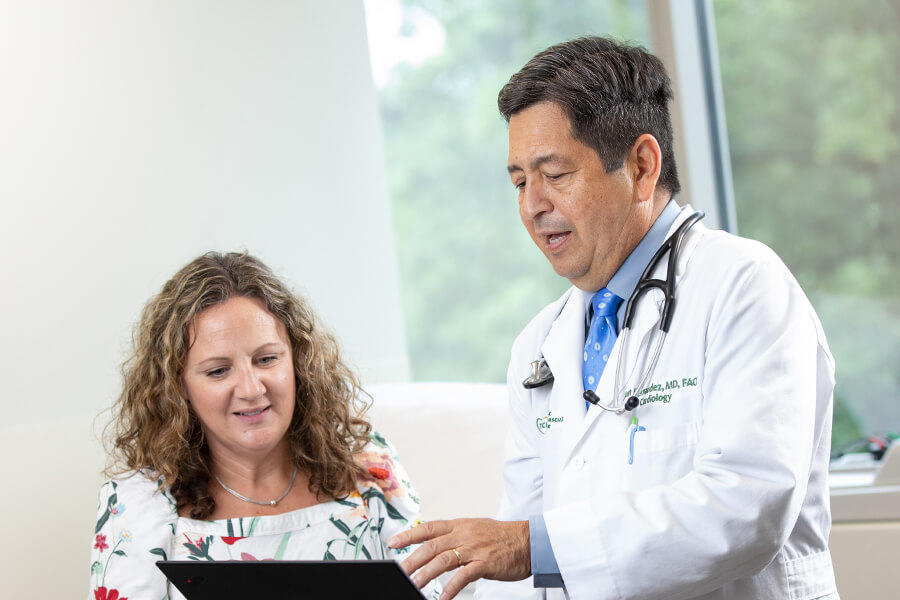Patient safety is a cornerstone of clinical trials, ensuring that the well-being of participants remains a top priority throughout the research process. As new treatments and therapies are developed, understanding the measures in place to protect participants is essential for those considering involvement in clinical studies. At Nayson Research Solutions, we are committed to maintaining the highest safety standards in our trials.
Safety Protocols and Monitoring
Before a clinical trial begins, extensive planning and regulatory approvals are necessary. Researchers develop rigorous safety protocols designed to minimize risks to participants. These protocols include thorough screening processes to determine eligibility and ensure that participants are suitable candidates for the trial. Once enrolled, participants are closely monitored for any adverse effects or unexpected reactions to the treatment.
Throughout the trial, medical professionals continuously assess participant health and safety. Regular check-ups and assessments help identify any potential issues early on, allowing for timely interventions if necessary. This ongoing monitoring ensures that any side effects are managed appropriately, prioritizing the health of all individuals involved.
Regulatory Oversight
Clinical trials operate under strict regulations set forth by governing bodies, such as the Food and Drug Administration (FDA) in the United States. These agencies oversee the entire clinical trial process, reviewing research protocols and monitoring safety data to ensure compliance with established guidelines. Their role is crucial in maintaining the integrity of the research and safeguarding participants.
In addition to regulatory oversight, ethics committees, or institutional review boards (IRBs), play a vital role in evaluating the safety and ethical implications of clinical trials. These committees review study protocols, assess potential risks, and ensure that informed consent processes are transparent and comprehensive. This multi-layered approach to safety underscores the commitment to protecting participants throughout the research process.
Empowering Participants
Patient safety is not solely the responsibility of researchers; participants also play a crucial role. By being informed and engaged, participants can advocate for their own health and well-being during the trial. It’s essential for individuals to ask questions, voice concerns, and understand their rights. Informed consent is a vital aspect of this process, providing participants with detailed information about the trial, including potential risks and benefits.
At Nayson Research Solutions, we encourage open communication between our team and participants. Our goal is to create an environment where individuals feel comfortable discussing their experiences and any health concerns. By fostering this collaborative relationship, we can ensure that safety remains a shared priority throughout the clinical trial process.
Conclusion
Patient safety is an integral part of clinical trials, guided by stringent protocols, regulatory oversight, and the active involvement of participants. Understanding the measures in place to protect individuals helps build trust and encourages more people to consider participating in clinical research. At Nayson Research Solutions, we are dedicated to advancing medical research while prioritizing the health and safety of our participants. Your safety and well-being are our primary concerns, and together, we can make strides in medical innovation.

